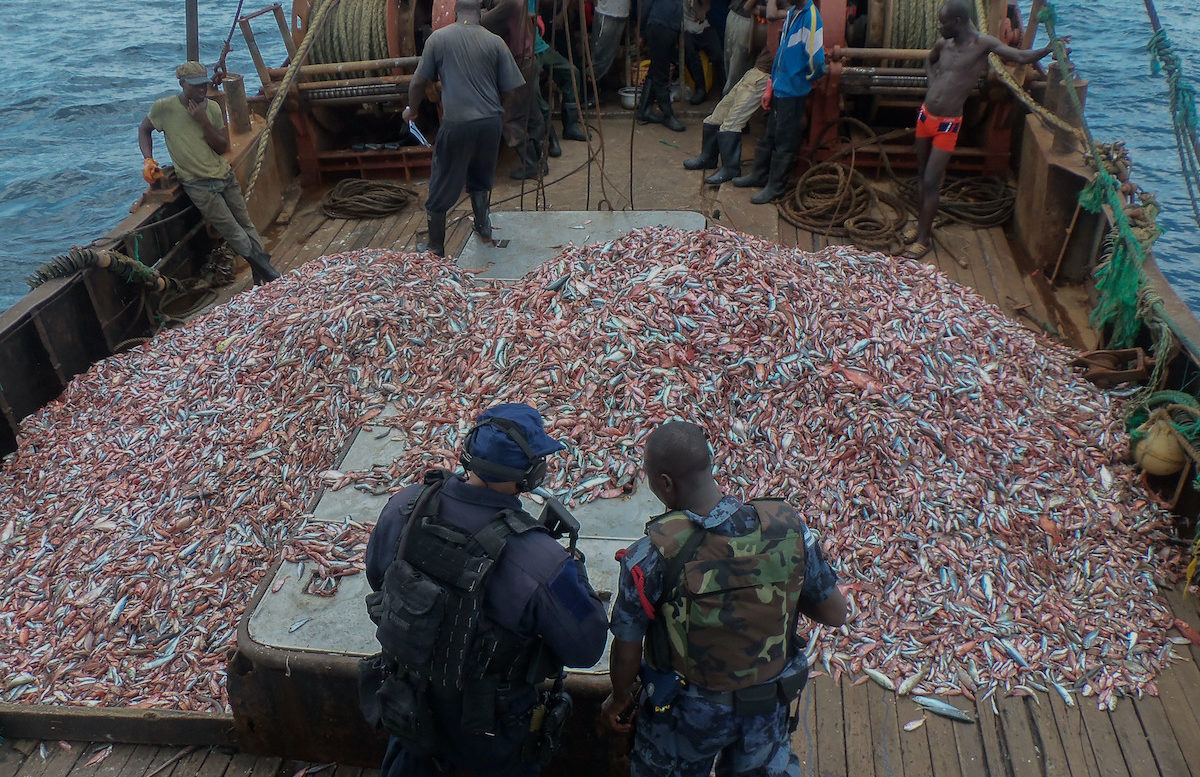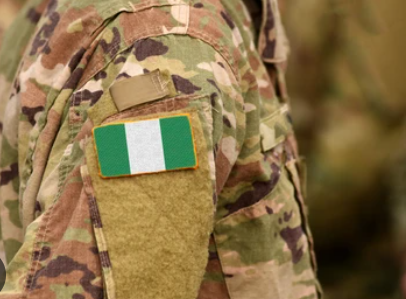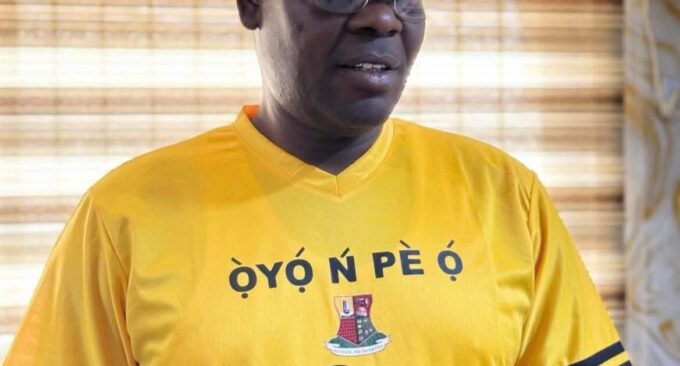By Steve Agbota
A veteran Master Mariner and maritime governance specialist, Capt Iheanacho Ebubeogu, has said that Nigeria must prioritise strong governance and regulatory oversight if it is to safeguard its marine ecosystem and fully realise the economic potential of its ocean resources.
He warned that without decisive action against illegal fishing, overfishing and pollution, the country risks depleting its marine wealth and missing critical opportunities for sustainable development.
He made this assertion at the first quarterly paper presentation of the Nigerian Association of Master Mariners (NAMM) held in Lagos over the weekend.
Ebubeogu stressed that responsible management of Nigeria’s marine spaces is not only essential for biodiversity preservation but also for unlocking the full economic potential of the blue economy. He argued that a stable and predictable policy environment, underpinned by clear regulations and strong enforcement, would stimulate investment and innovation in ocean-based industries.
“By promoting sustainable practices and protecting marine ecosystems, effective governance helps to attract tourists, support fisheries, and foster new industries like marine energy and biotechnology, leading to economic growth,” he said. “It also ensures that the benefits of the blue economy are distributed fairly, addressing issues like poverty and social inequality in coastal communities.”
Delivering a lecture titled “Governance of Marine Spaces in a Marine and Blue Economy Model – Issues, Challenges and Approach,” Capt. Ebubeogu warned that the increasing complexity and overlapping mandates of government institutions operating within Nigeria’s maritime domain demand a central, empowered coordinating authority.
While acknowledging the establishment of the Federal Ministry of Marine and Blue Economy and the recent approval of the National Marine and Blue Economy Policy as commendable, he stressed that these steps alone are not sufficient.
“In the same manner the Ministry of Finance and the Ministry of Health serve as coordinating ministries for their respective sectors, the Ministry of Marine and Blue Economy should be empowered as the Coordinating Ministry of the Blue Economy,” he stated.
Ebubeogu highlighted that several ministries — including Petroleum Resources, Agriculture, Water Resources, Communications, Power, and Interior — have jurisdictional interests in Nigeria’s marine environment. Without a central coordinating body, he warned, these overlapping responsibilities could result in conflicting policies, regulatory fragmentation, and ultimately unsustainable exploitation of marine resources.
He called for a formal review of the ministerial designation to reflect the leadership and strategic oversight required for effective governance, recommending the title be changed to Minister of Marine and Blue Economy and Coordinating Minister of the Blue Economy.
“Marine spaces are the foundation upon which blue economy activities such as fisheries, tourism, marine transport, offshore energy, and aquaculture are built. Without coordinated governance, these sectors cannot thrive,” he said.
Supporting the call, the President of the Nigerian Association of Master Mariners, Captain Tajudeen Owolabi Alao, also emphasized the importance of appointing a Coordinating Minister to lead Nigeria’s blue economy efforts. Speaking on the sidelines of the event, he described the move as both urgent and long overdue.
“It’s a topical issue now. The concept of the blue economy is still not well understood by many. People view it from different angles. What this presentation has done is provide proper insights into what it truly means and how we can move forward,” Alao remarked.
He noted that master mariners in Nigeria have long been champions of sustainable maritime practices and have consistently pushed for strategic attention to be given to the sector.
“It has taken us many years to get here. We’ve advocated for a dedicated maritime ministry, for presidential and vice-presidential attention to maritime affairs. If this becomes a policy directive and the Secretary to the Government accepts the framework, it will add great value. That’s the essence of our association — to guide and support with professional advice. We are always ready to lend our support when called upon,” he added.
The association’s appeal comes at a critical time as Nigeria seeks to diversify its economy through ocean-based sectors, attract foreign investment, create employment opportunities, and establish a resilient governance framework that balances development with environmental protection.
NAMM urged the Federal Government to act decisively on the recommendation to appoint a Coordinating Minister, stressing that it would not only enhance inter-agency collaboration but also establish Nigeria as a key player in the evolving global blue economy landscape.


















Leave a comment